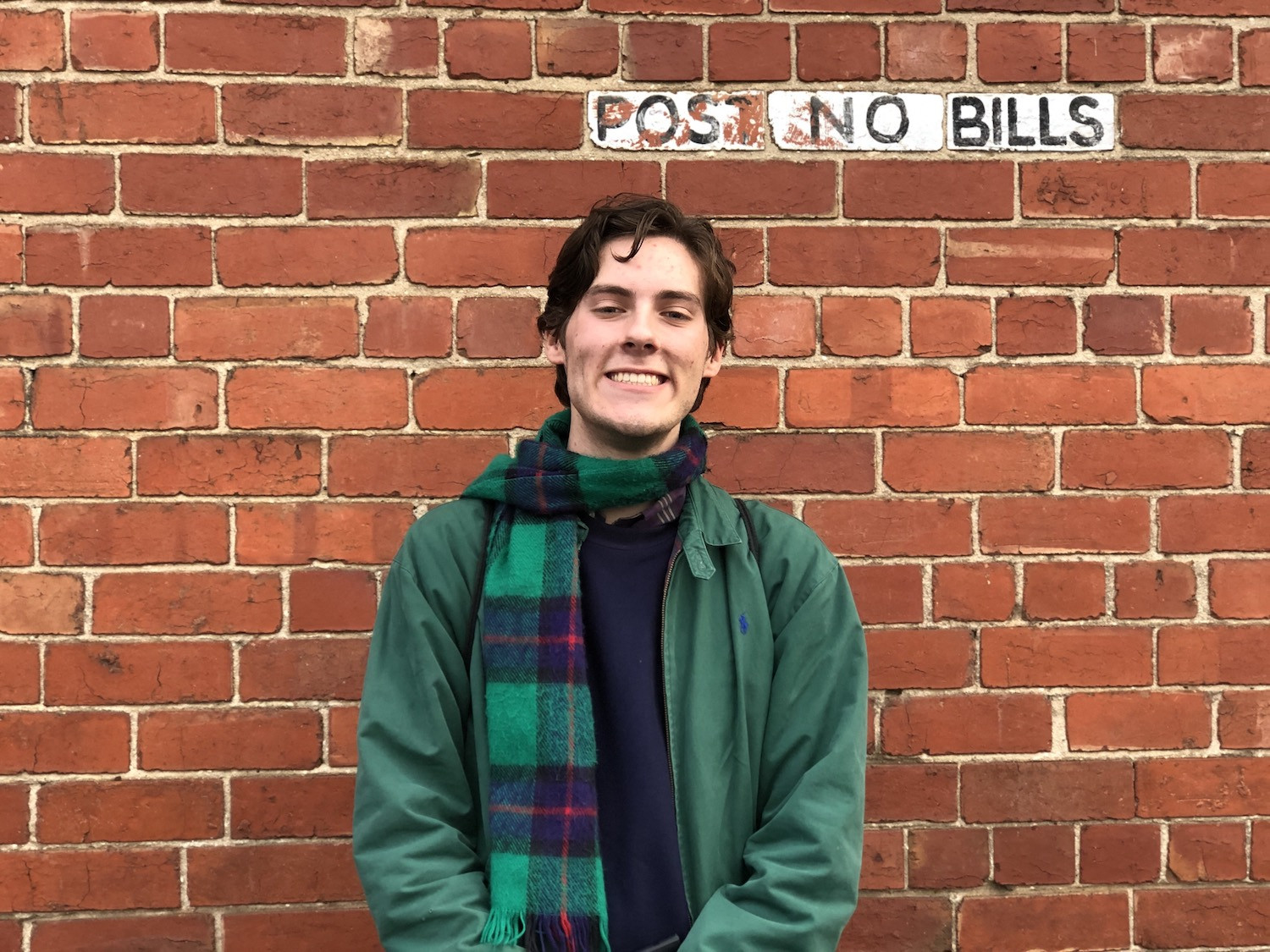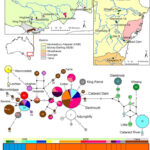The average time it takes for new couples to say “I love you” is a topic of much discussion. According to eharmony, the average time in Australia is two months. More surprisingly, one in ten Australians confesses their love in less than a week! This begs the question: what’s the right time to say “I love you”? Let’s explore different perspectives on this complex and deeply personal experience.
Navigating the “I Love You” Minefield: Personal Experiences and Perspectives
 1563770781849-Belle-1
1563770781849-Belle-1
Belle, 24: Belle’s experiences highlight the diverse contexts in which “I love you” can be uttered. From a six-month courtship to a drunken confession followed by a post-coital reciprocation, her journey underscores the emotional rollercoaster that often accompanies this declaration. She emphasizes the subjective nature of love and how its meaning can be shaped by individual upbringing and personal experiences. For Belle, love can be as simple as an in-the-moment feeling, even for a dog on the street. She questions whether “I love you” holds the same weight as it once did.
 1563770484784-CHARLIE-1
1563770484784-CHARLIE-1
Charlie, 24: Charlie’s first “I love you” experience was after a few months of intense connection. However, the grand gesture was met with an internal panic. He describes the evolution of love’s meaning throughout a relationship, transitioning from the initial butterflies to a more profound understanding. For Charlie, saying “I love you” evolved into an expression of intention and commitment rather than solely an overwhelming feeling.
 1563770564968-ESTHER-1
1563770564968-ESTHER-1
Esther, 27: Always the recipient of “I love you” rather than the initiator, Esther’s timing varies from weeks to years. She distinguishes between loving someone and being in love, acknowledging she’s only truly felt the latter a few times. Esther reflects on how saying “I love you” can sometimes be a reflexive response to avoid causing offense. For her, the words hold the most weight in her current relationship, where the declaration felt natural and effortless. She notes a significant shift in comfort and intimacy after expressing love.
 1563770722987-SAM-1
1563770722987-SAM-1
Sam, 27: Sam’s experiences contrast a hasty declaration that spooked his first partner with a more cautious approach in his subsequent relationship. He likens saying “I love you” in a romantic context to entering into a contract, emphasizing the exclusivity and commitment it implies, unlike the less weighted expression within friendships. He advocates for genuine expression over strategic timing.
 1563770753471-FINN-1
1563770753471-FINN-1
Finn, 20: Finn primarily reserves “I love you” for close friends, feeling more comfortable expressing affection in non-romantic relationships. He associates the phrase with less pressure and expectation of reciprocation in platonic contexts. The fear of rejection seems to be a key factor in his hesitation to express love romantically.
When to Say “I Love You”: There’s No Magic Number
Ultimately, there’s no universally correct timeframe for saying “I love you.” It’s a deeply personal decision influenced by individual experiences, cultural norms, and the specific dynamics of a relationship. The consensus among these individuals highlights the importance of authenticity and genuine connection. Waiting for the right moment when the words feel true and heartfelt, regardless of societal pressures or timelines, seems to be the most valuable takeaway. While statistical averages provide a benchmark, the true measure lies in the emotional resonance and shared understanding between two people.
